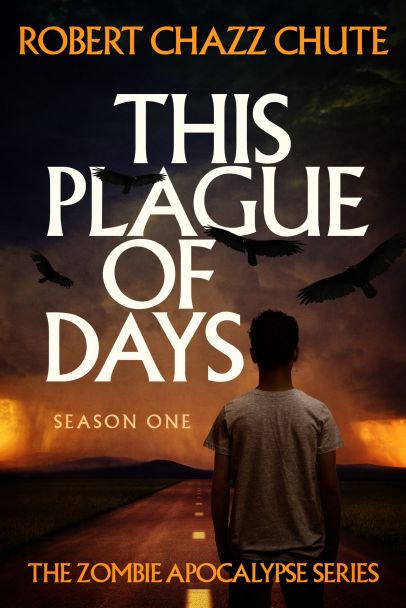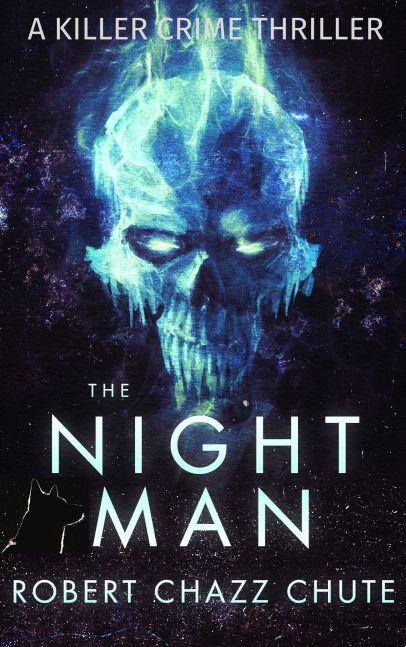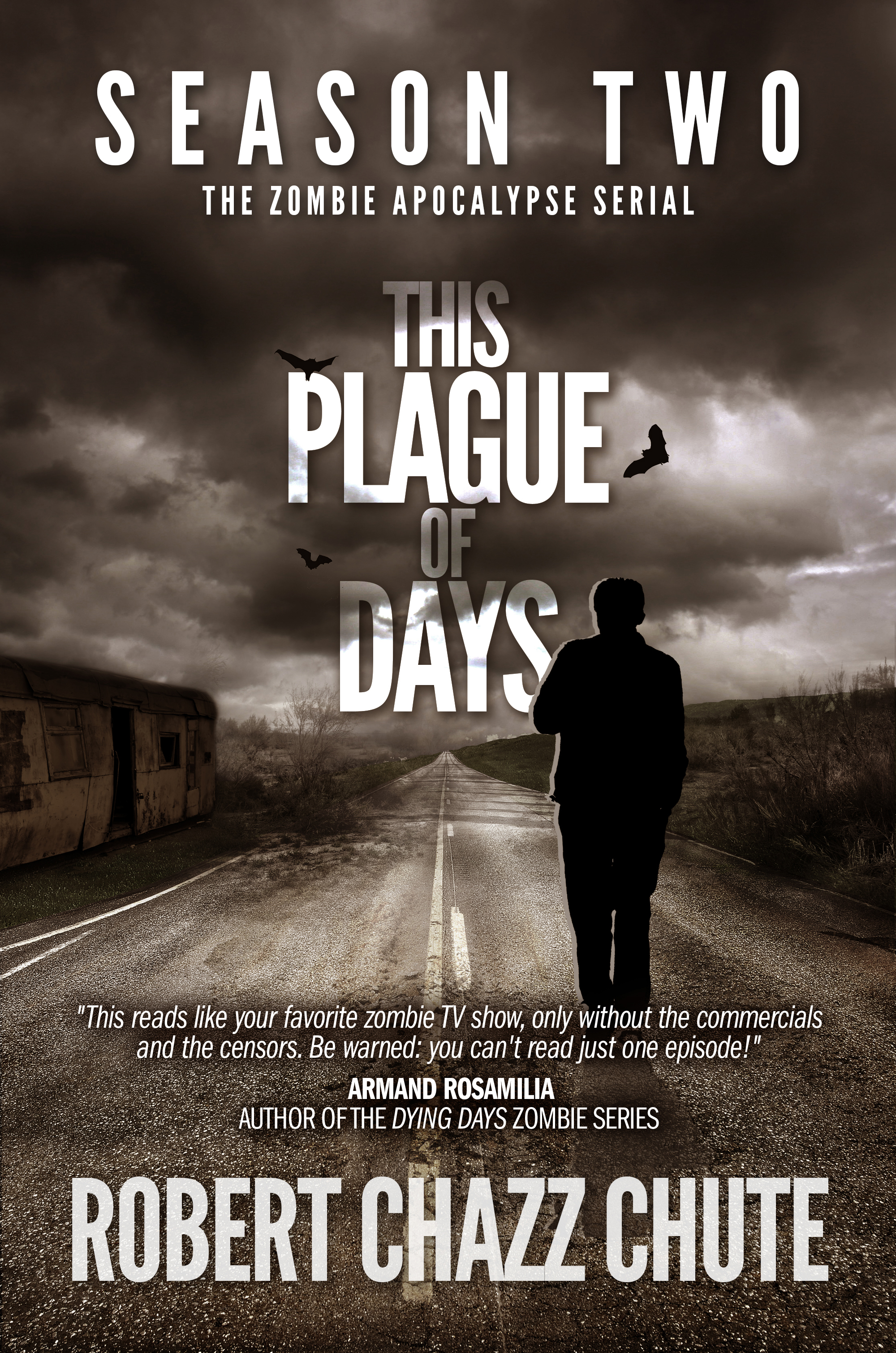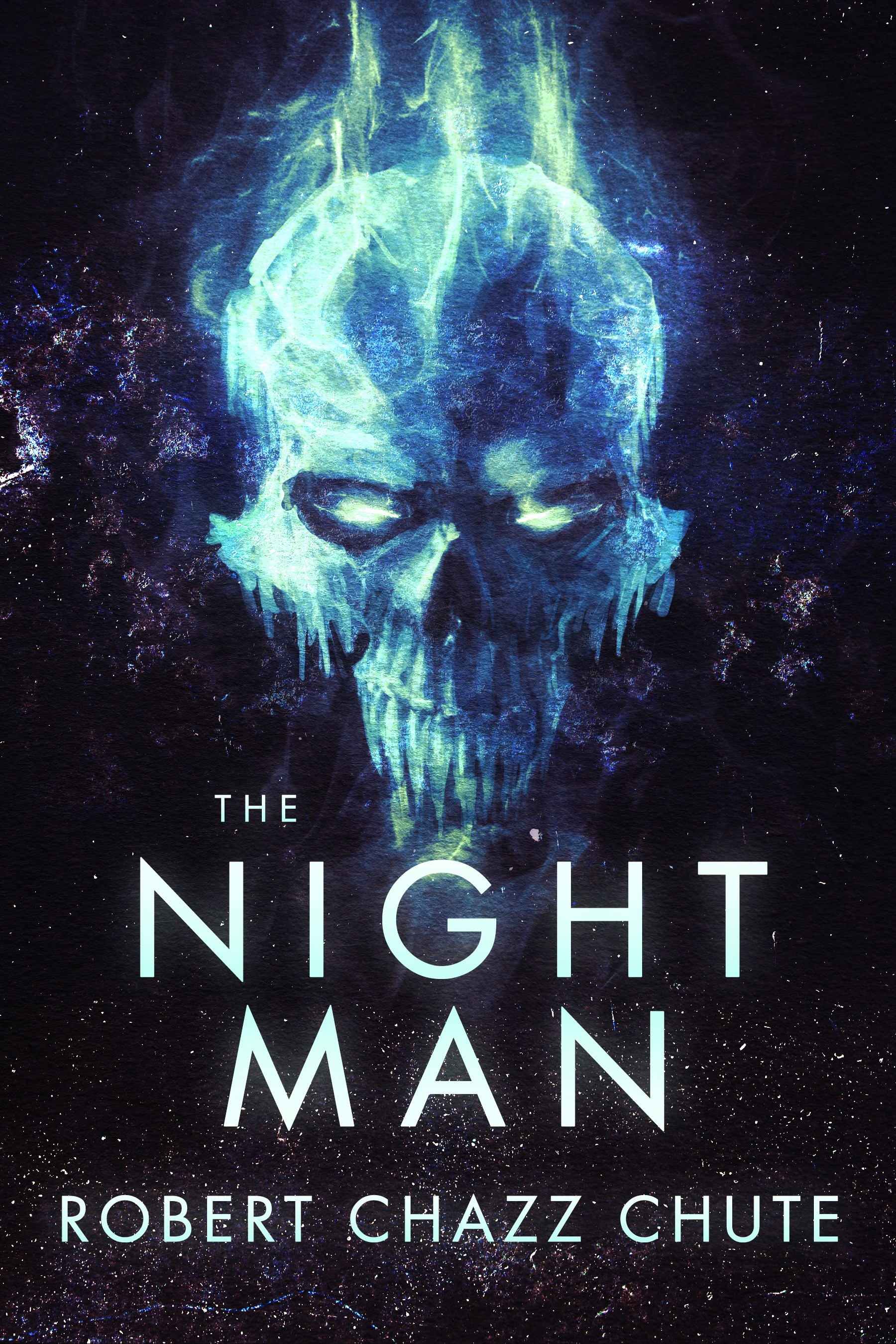
I’m not going away. We are merging.
After gaining a lot of experience with both traditional and indie publishing, I’m finally doing something I should have done quite a while ago! For years, I blogged here daily. Then I told you I’d only blog when I had something new or different to say. The archives are extensive, after all, and much of the old stuff you’ll find here still holds up nicely.
Now, aside from posting on social media and publishing books, I’m going to go exclusive with my author website, AllThatChazz.com.
Chazzwrites.com has always been a site for writers. From here, I’ve encouraged subscribers to head over to my author site to check out my books. I’d built a following, helped people, and met wonderful fellow writers through this space. Frankly, I was nervous about letting go of this blog. I’ll keep this blog up for the benefit of those searching the archives, but it’s time to consolidate (and, not for nothin’, appeal to readers, not only to other writers).
I’m not slowing down. I’m speeding up.
Longtime readers may recall a time when I published as many as four books a year. For the last couple of years, due to pain, a couple of hip replacements, and a lot of rehab with my physiotherapist, I had to take time away from the keyboard. I had to feel sorry for myself, play a lot of Sniper Elite, and watch a lot more TV. I haven’t published since (the award-winning and fantastic) Endemic. It’s been rough, but that phase of my life is over. I’m biking an hour a day and working out for another hour each day. I’m mobile, almost always pain-free, waking up earlier, feeling great, and eating right. I’m a productive, full-time writer again! Expect my next thriller, Vengeance Is Hers, early next year.
So I’m asking all visitors to move over to my author site.
Here’s a sampling of some recent posts from AllThatChazz.com:
What Holds Up? A post about the books you once loved and now might not (plus a book recommendation).
Anger, Humour, Spite. A post you’ll love about where the words come from.
Sincerely, What Else Can I Do for You? Finding out what readers want.
This is My First Novel with a Disclaimer. About Vengeance is Hers, and your many, many enemies.
Forgive and Forget? But How? Should you forgive? I’m not so sure.
Crime Thrillers are a Different Kind of Apocalypse The apocalyptic genre has cooled for the moment, but there’s room for different kinds of scary thrillers.
New Cover Reveal! Dream’s Dark Flight has a fresh face!
Inspiration, Off the Beaten Track. Sick of the same old movie sequels and reboots? Try graphic novels.
And more about Vengeance Is Hers:
COMING IN 2025
So long, and thanks for all the fish!
See you over at my ONE blog site:
AllThatChazz.com.
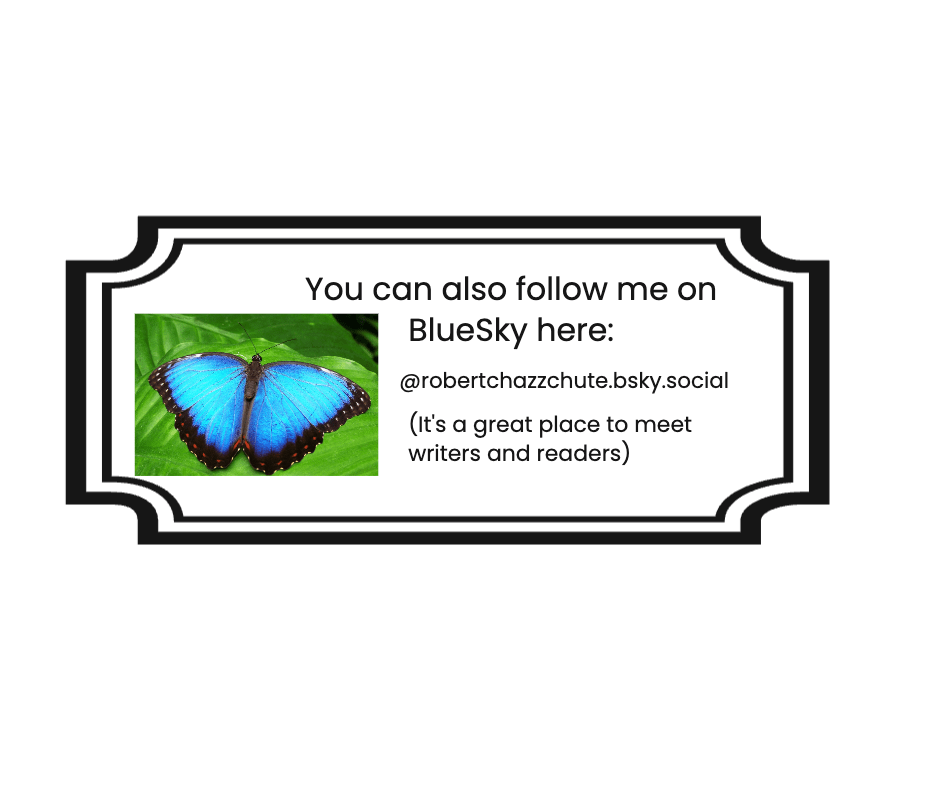
Filed under: My fiction, publishing, robert chazz chute, the writing life, allthatchazz, allthatchazz.com, books, fiction, publishing, Robert Chazz Chute, self-publishing, thriller, writer, writing


